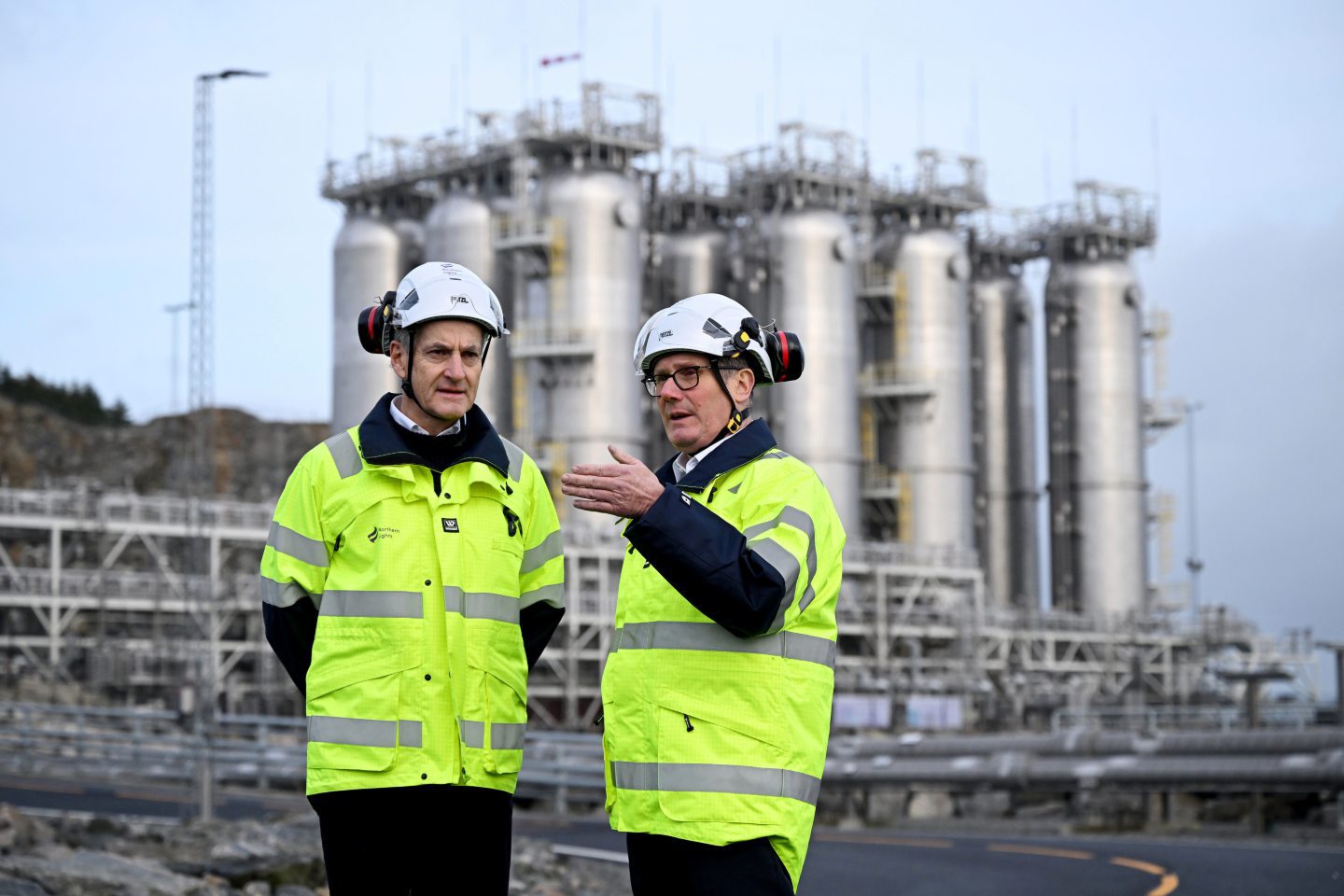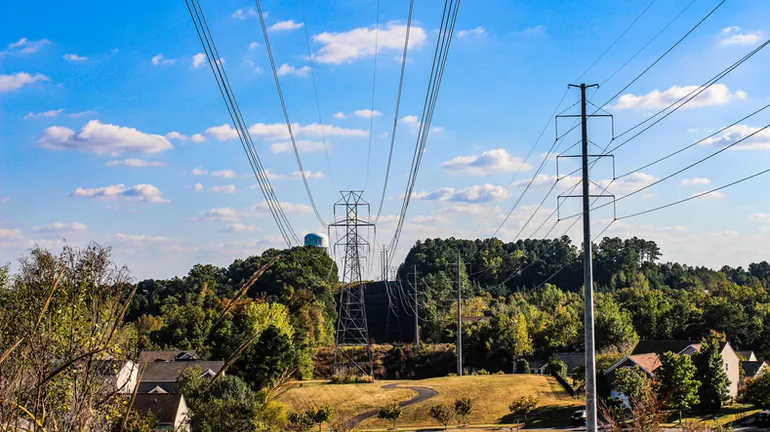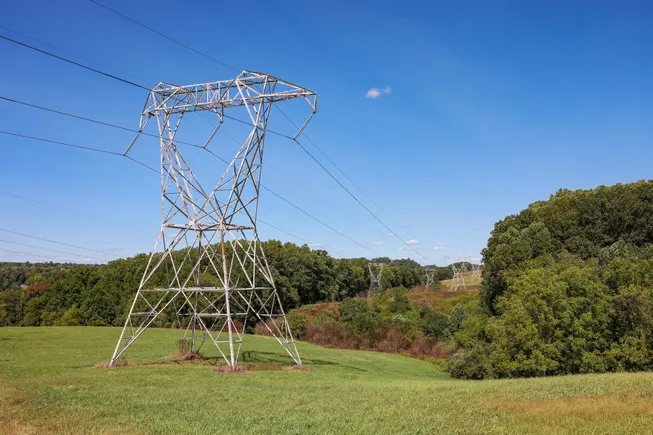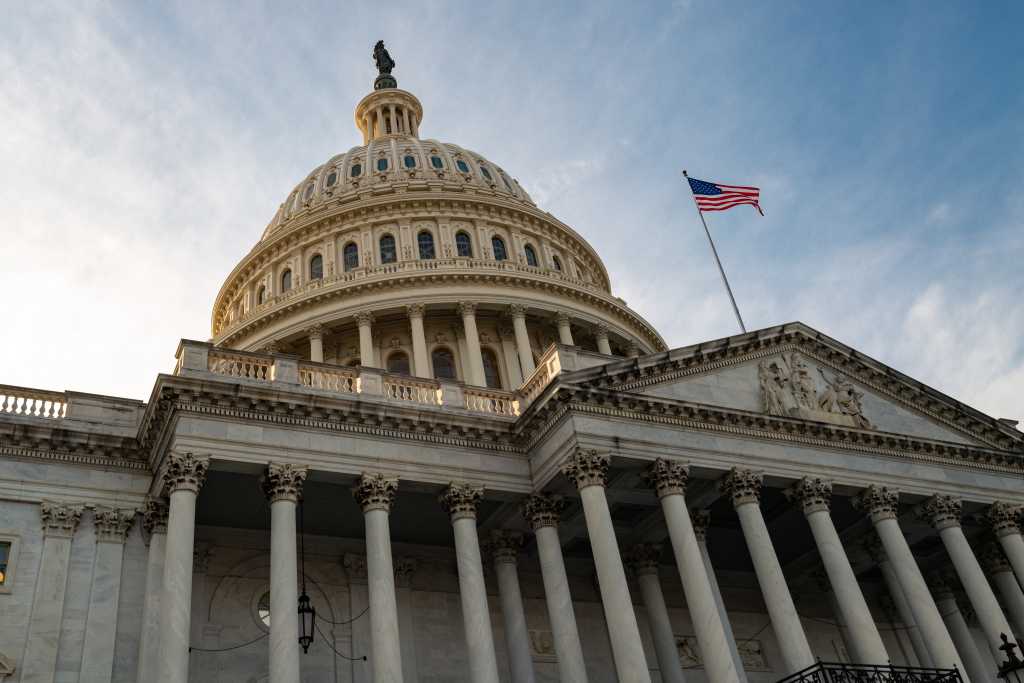
Harbour Energy has told Rigzone that it expects to cut around 250 jobs.
“Harbour is launching a review of its UK operations, which we expect to result in a reduction of around 250 onshore roles in our Aberdeen-based business unit,” Scott Barr, the managing director for Harbour Energy’s UK business unit, said in a statement sent to Rigzone late Wednesday.
“The review is unfortunately necessary to align staffing levels with lower levels of investment, due mainly to the government’s ongoing punitive fiscal position and a challenging regulatory environment,” he added.
In the statement, Barr said the company is also reviewing the resourcing required to support its Viking carbon capture and storage project, “where progress beyond front-end engineering design and the recent securing of a Development Consent Order has been hindered by repeated delays to the government’s Track 2 process”.
“Harbour remains among the largest producers in the UK North Sea and, while our dedicated and highly skilled people will continue to produce vital energy safely and responsibly, we must take these difficult steps in response to the challenges presented by the current external environment,” Barr noted in the statement.
According to Harbour Energy’s website, the company has 3,400 employees and direct contract staff. A cut of 250 to this figure represents a 7.35 percent reduction.
Rigzone asked HM Treasury (HMT) and the UK Department for Energy Security and Net Zero (DESNZ) for comment on Barr’s statement.
In response, HMT sent Rigzone a comment from the UK Chancellor of the Exchequer, Rachel Reeves, in which Reeves said, “first of all, my thoughts are with anybody who works for a company who is worried about their job”.
“Every company has to take commercial decisions for their business. And of course, many other companies are operating in this sphere, are not making these sorts of announcements,” Reeves added.
“We have made a decision with the Energy Profits Levy to tax profits made by North Sea oil and gas companies at the same rate that profits are taxed in Norway. And all of that money goes into our public services,” Reeves continued.
“It’s what enables us to make a settlement worth more than GBP 5 billion ($6.6 billion), the biggest ever settlement to a devolved administration,” Reeves went on to state.
In its response, DESNZ sent Rigzone a statement from a government spokesperson, which said, “our thoughts are with any workers affected by this commercial decision, and we will do everything in our power to support workers and communities”.
“The government has reformed the Energy Profits Levy to support investment and give industry certainty and stability,” the spokesperson added.
“By making the UK a clean energy superpower, including launching a world-leading carbon capture and storage industry after years of delay, consenting record amounts of clean power, and ending many years of no new nuclear, we will get the UK off dependence on markets controlled by petrostates and dictators, and drive jobs and growth through our Plan for Change,” the spokesperson went on to state.
The Energy Profits Levy was introduced in May 2022 to tax the extraordinary profits of oil and gas companies operating in the UK or the UK Continental Shelf, a policy paper published on the UK government website on October 30 states.
To contact the author, email [email protected]






















